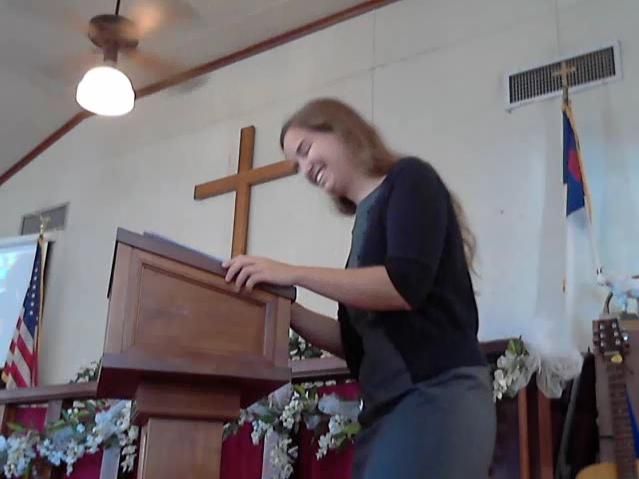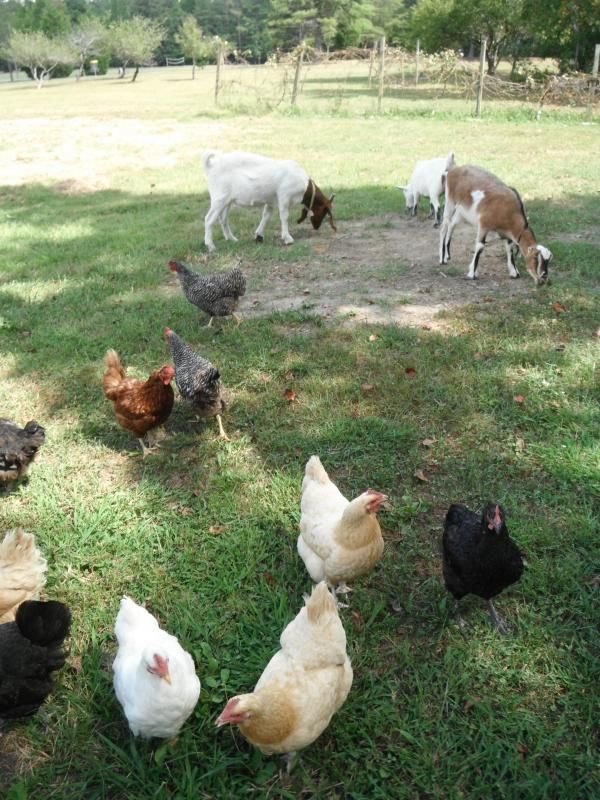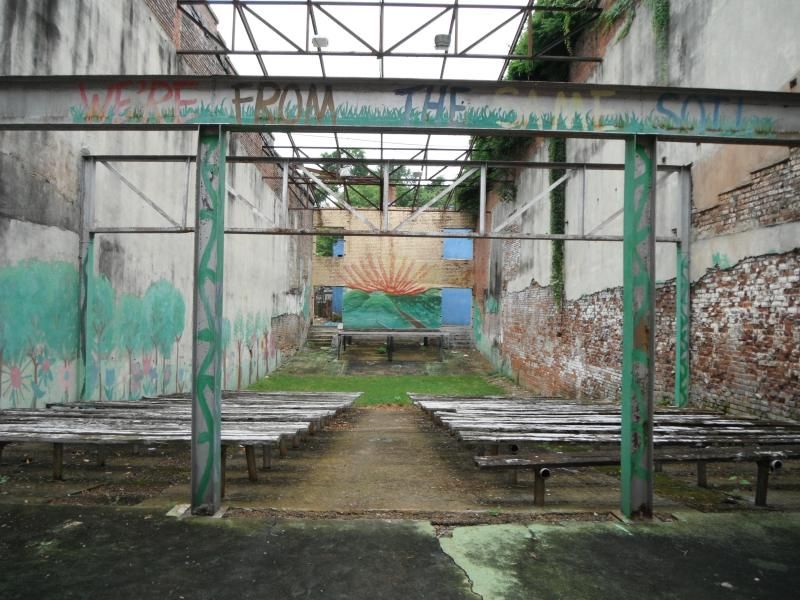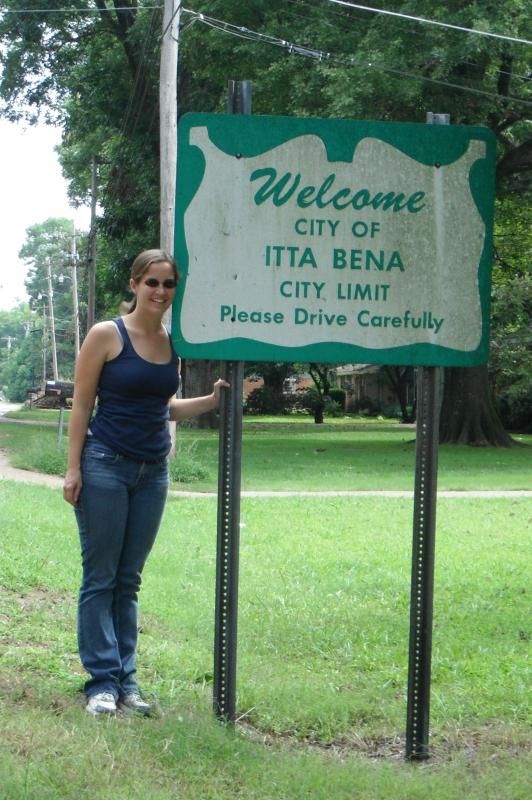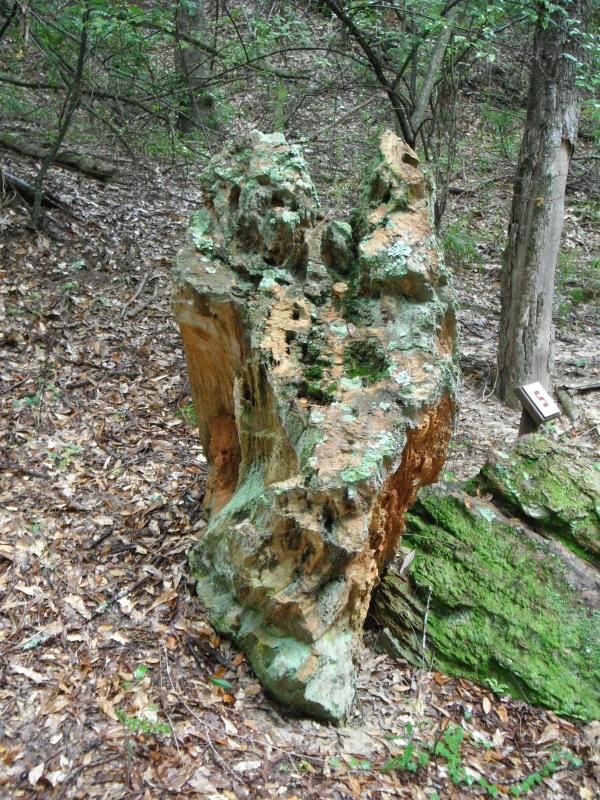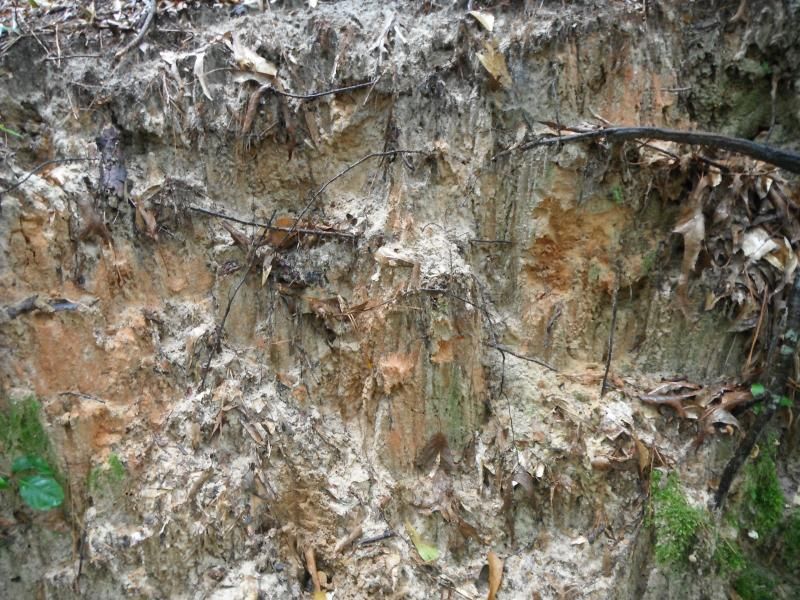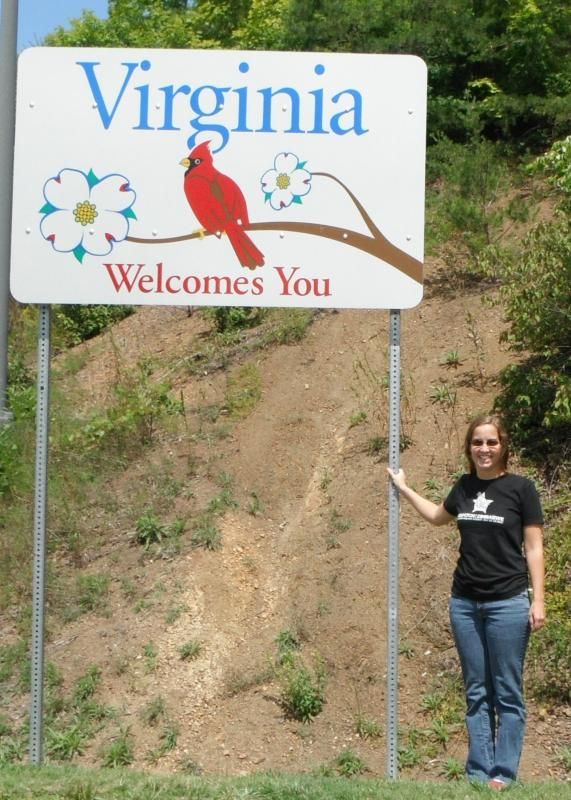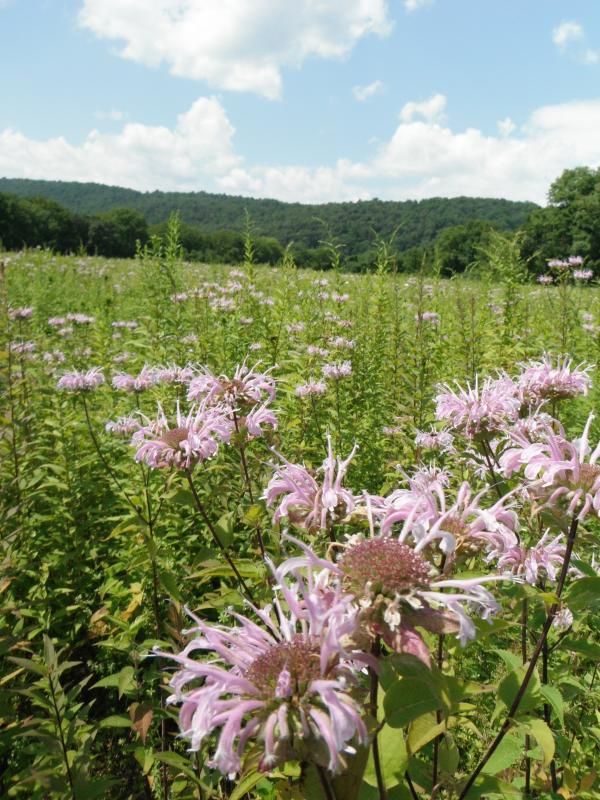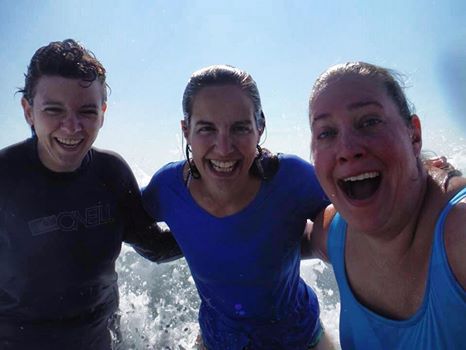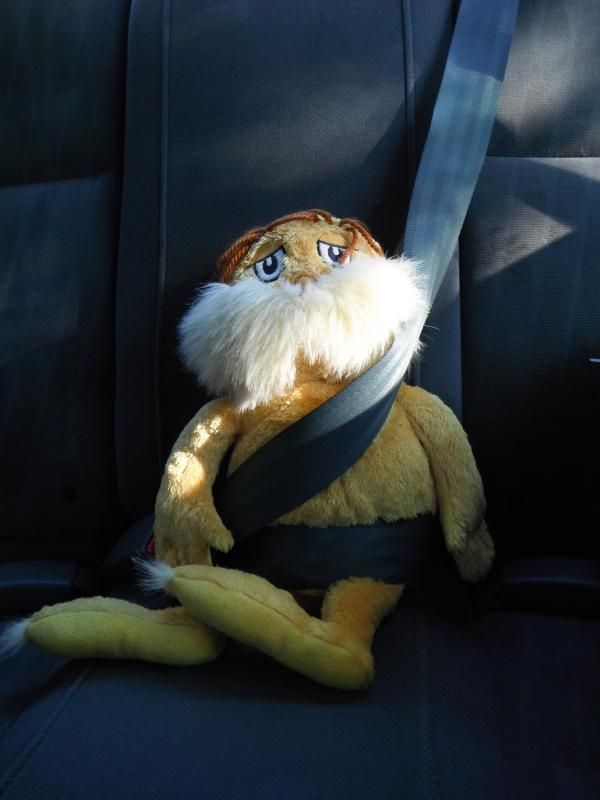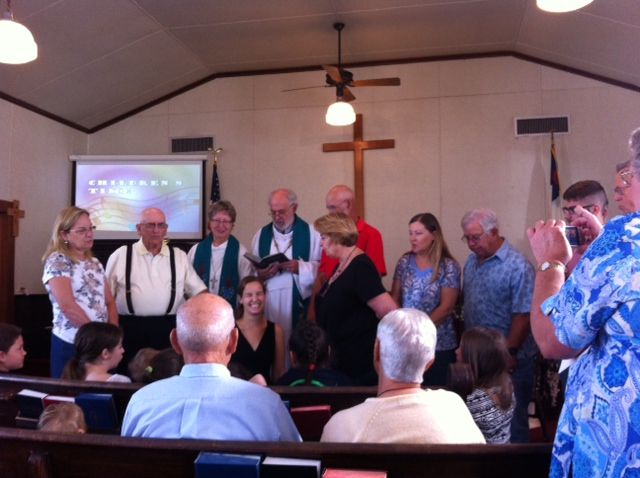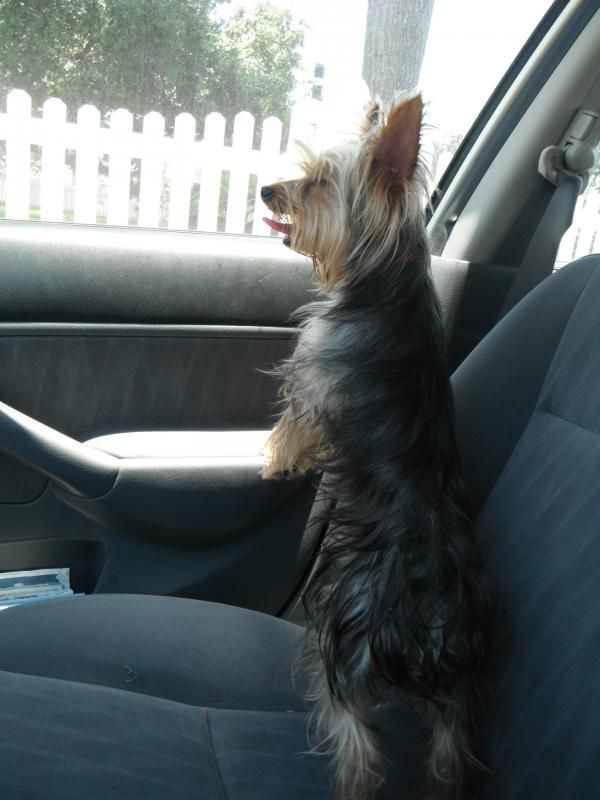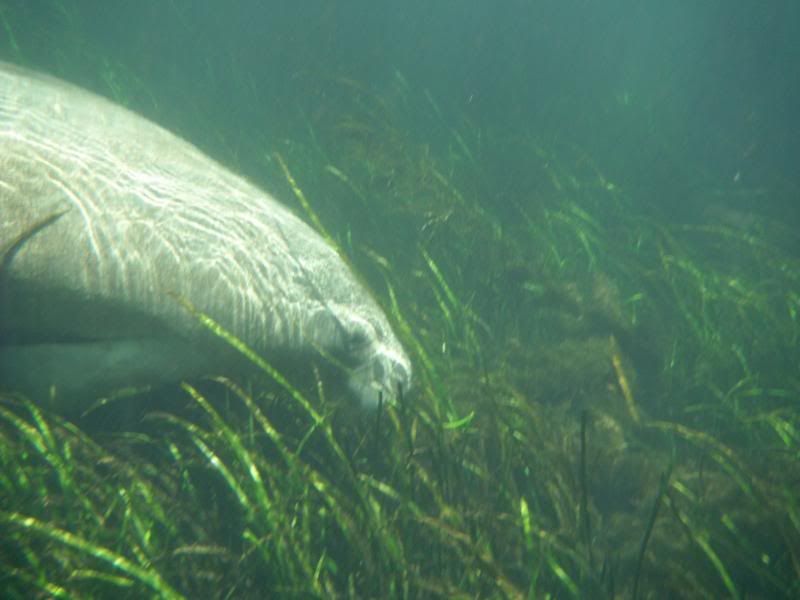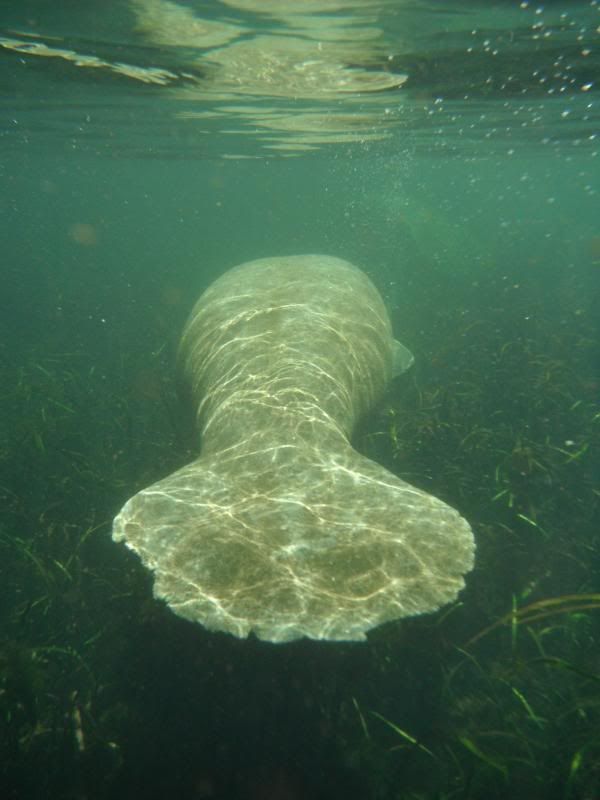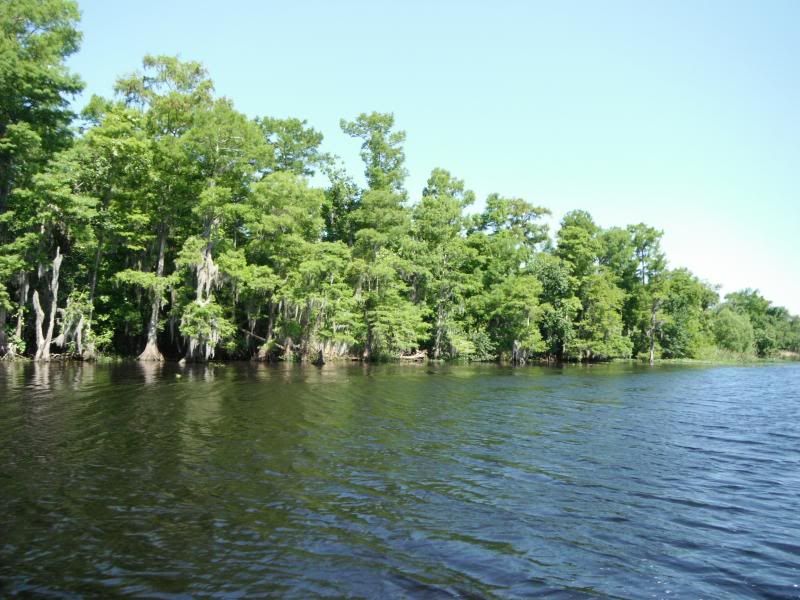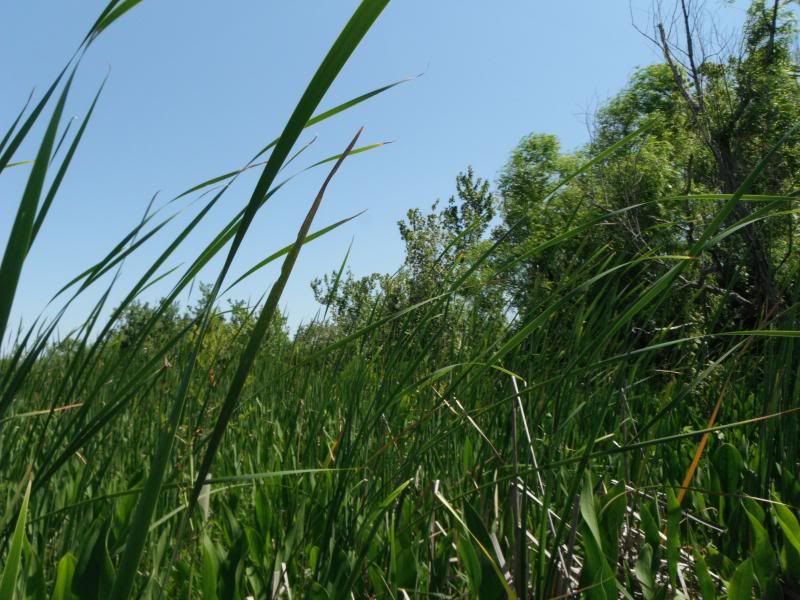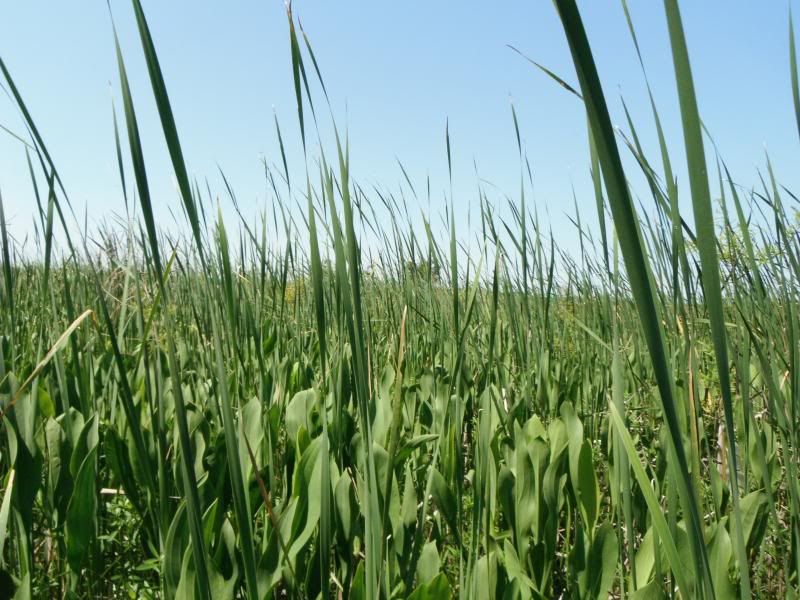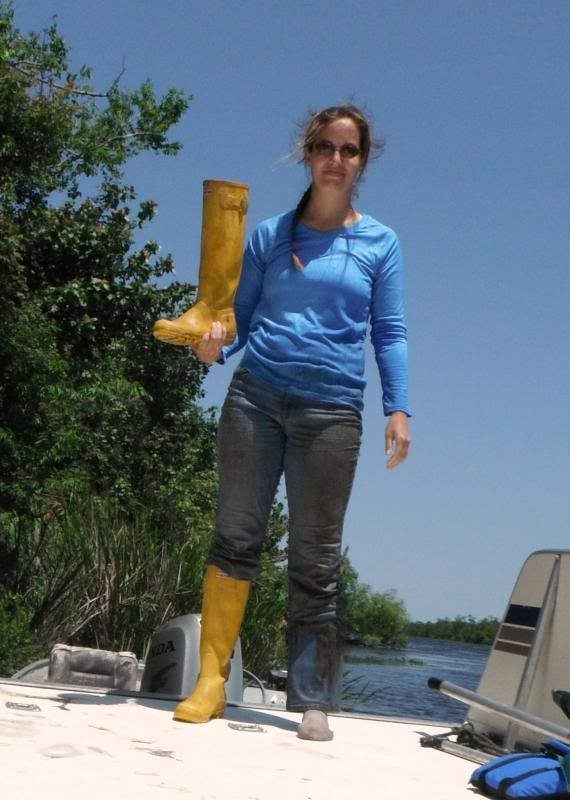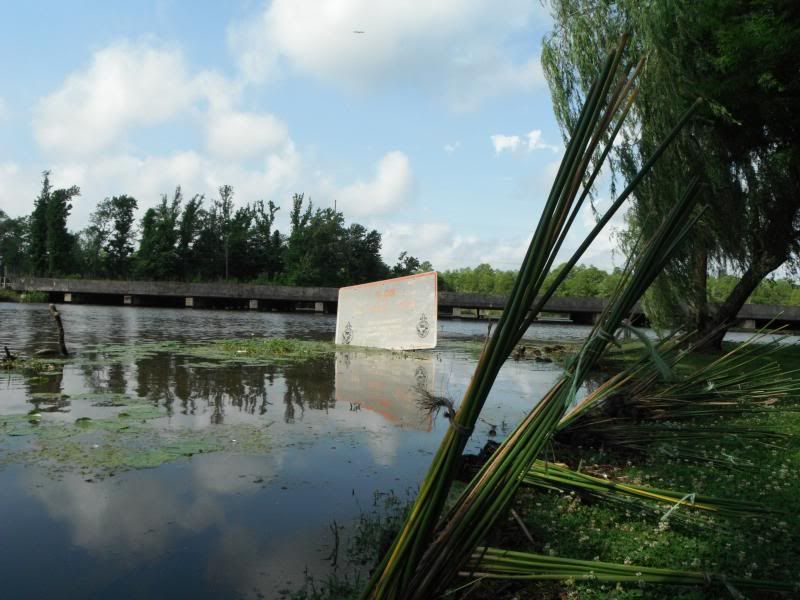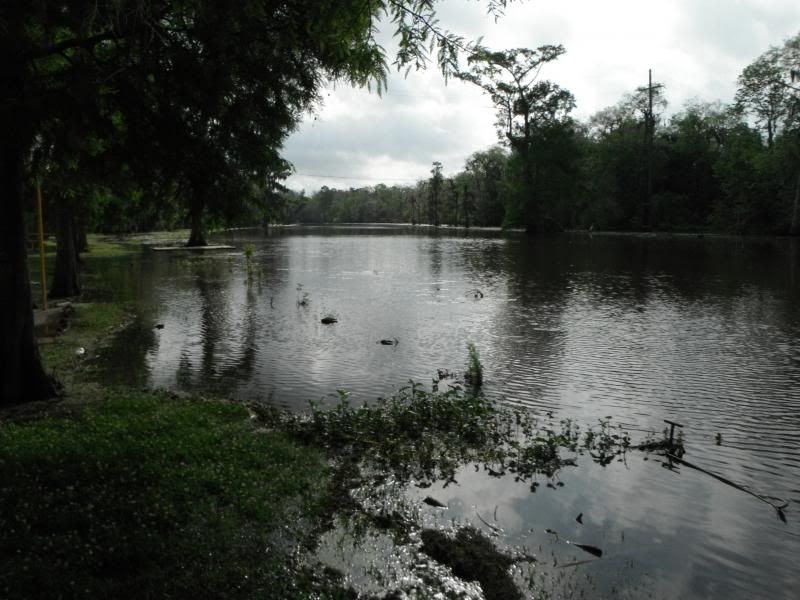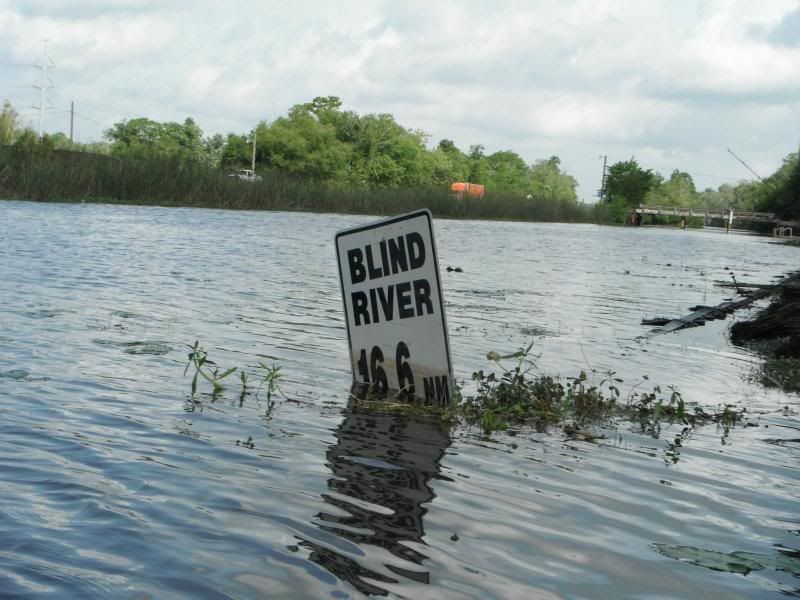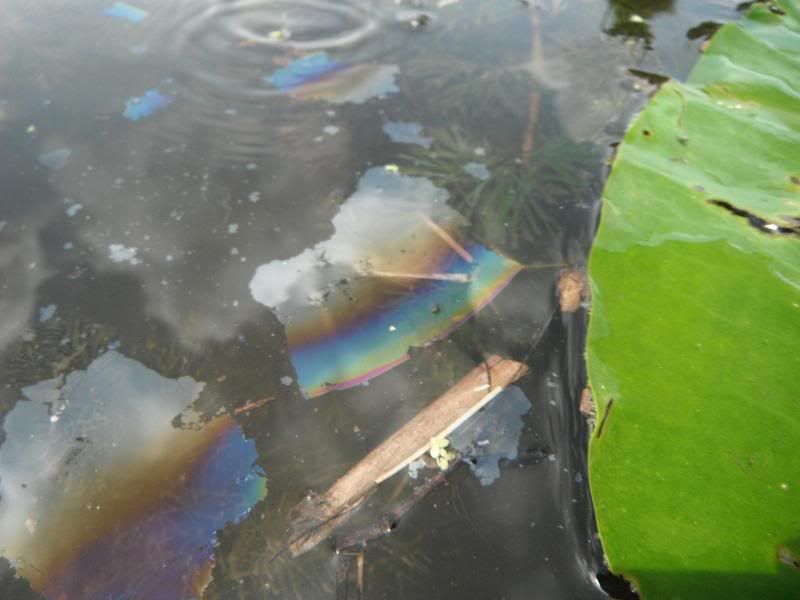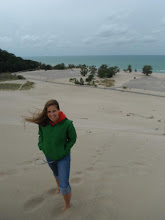I preached at Bayou Blue again this past Sunday. I tried to record it for my parents, but the camera and microphone refuse to work properly at the same time. Sigh. I re-recorded it while sitting in the Tree of Life in Audubon Park yesterday evening (so you can hear the cicadas and crickets!).
Micah 6:6-8
Psalm 148
Romans 15:13
Matthew 5:13-16
Children's sermon: The Lorax by Dr. Seuss
The week
before last, I was present at the 221st General Assembly in Detroit as one of the
Presbyterian Peace Fellowship’s interns, and I was exhausted. I’m going to tell you
more generally about my experience at General Assembly, and how nicely it ties
into my year in service here in the Presbytery of South Louisiana.
I received
an incredible education from countless organizations, commissioners, advisory
delegates and observers in topics concerning environmental justice, peace in
Israel/Palestine, and marriage equality issues, among many, many other topics.
I learned about church polity, about exceedingly specific grammar, and about
how every vote counts.
I felt the
heavy sadness of the commissioners rejecting things I poured my energy and
heart into, and the intense joy as other acts of just peace and equality were
passed.
Of course,
there were also the long waking hours and short nights of sleep on the floor of
a nearby church, the rushing from plenary to strategy session to commission
meeting to briefing dinner and back again, and the endless organization of
emails, twitter feeds, mass texts, testimonies, and reflections.
I was
exhausted physically, emotionally, and spiritually, but it might be the most
beautiful kind of exhausted I’ve ever been. My cup is running over and spilling
everywhere. The theme of the assembly was “abound in hope” from the Romans
passage I just read, and I left feeling more hopeful about and connected to the
church than ever before.
I was very
excited when Rev. Dick and Rev. Kris asked me preach about my time at GA. I
decided immediately I would share what I learned about the church there. But the
more I thought about what I learned that week, the more I realized that I was
learning these things throughout the year through Bayou Blue and the Presbytery
of South Louisiana. With just a few weeks left to my term of service, I thought
I’d reflect on the entire year, which manifested itself very clearly at General
Assembly. So without further ado, the five things I’ve learned this year as a
Young Adult Volunteer in this specific church, this regional church, and this
national church—
Number 5: Yes,
I’m counting down backwards. It’s far more dramatic that way. Number 5:
Education is important. Hence why I am preaching on “what have I learned from
General Assembly and my YAV year”. Being in the reformed tradition, the
Presbyterian Church holds the conviction that what is reformed must always be
reforming, hence the need to learn and reassess constantly. The focus on
education in our church is a longstanding tradition, dating to the earliest
days of Presbyterianism during the Protestant Reformation in the sixteenth
century. John Calvin and John Knox, two influential theologians of the time,
were both very vocal advocates for free public education. Presbyterians often
established local schools in their communities in the colonial days of this
country, and later founded 65 colleges and universities as well as ten
theological seminaries.
Education
has been an important theme for my service in South
Louisiana this year. I came to you with both an undergraduate and
graduate degree in environmental geography. I love and value these studies
very, very much, but could only be so prepared for what I would see and
experience here, having never been to Louisiana before. Thankfully, you all and
many other stepped in with a phenomenal field education. You had suggestions of
which organizations I should connect with. You taught me about the trees that
grow here. You taught me about the agriculture, the fishing, and the changing
landscape. I am so grateful to this room full of experts, because it was a
steep learning curve for me.
Education
was also critical at our General Assembly. There were countless opportunities
for briefings on all of the issues, from the Presbyteries that sponsored or
concurred with the overtures presented, from the many observers from different
organizations with different interpretations of the subjects at hand, as well
as the option for independent reading and self-teaching as we went along.
Different reports were made available to all in the assembly hall, updated as
they changed. The leadership of the assembly strived to make sure everyone was
informed of what we were discussing.
For me, it
was an opportunity to learn a great deal from many perspectives about the
issues in Israel and Palestine, a situation
that I have never been too well-informed about because of how completely and
unimaginably large and long-standing the problems are. I was too intimidated to
even ponder where to start. I was finally given a starting point by a group of
people who have spent years studying the issues and visiting the region, which
encouraged me to read further and ask questions and eventually learn enough to
form my own opinions. The little informal education I received was incredibly
empowering. Just imagine the impact this church has in so many formal education
settings!
Number 4: PC(USA)
is a church full of connections and relationships. When I worked for New Jersey’s only
Presbyterian camp, I would visit churches and presbytery meetings for all seven
of the state’s presbyteries. Not only that, but I worked with people from all
over New Jersey
for the summer camp program. I met a lot of pastors, church leaders, and young
adults in those years. It felt like everywhere I went in NJ, I could find the
nearest Presbyterian church and know or at least know of someone in that
congregation or Presbytery. It constantly felt like six degrees of separation,
or even less most of the time.
That
continued as I came to Louisiana.
Three of my housemates grew up in New
Jersey, and we all crossed paths many times, through
that camp, through our churches, and in the case of one, even by going to the
same college. We never met before we lived together, but we have many shared
people, places, and experiences. Even more small worldly, one of last year’s
New Orleans YAV’s was my camper at that summer camp in New Jersey about ten years ago.
Of course,
I found a connection in this sweet little congregation here at Bayou Blue. You
have treated me like family from the start, always telling me I’m related to
you all “by affinity”, but affinity wasn’t enough. About halfway through the
year, I found out Miss Billie Robertson’s maiden name was Earp, just like my
own name. And let me tell you all—there aren’t too many Earps in this world. So
while we haven’t figured out exactly how we’re related, I am absolutely
positive that we share a family tree. And since many of you are related to her
in one way or another, it seems like you’re stuck with me actually being part
of your family.
This
incredible network within the church extended easily to Detroit. Aside from running into plenty of
people I know from Presbytery of South Louisiana and various presbyteries in New Jersey, I met and
served alongside many other people who are familiar with this church. I met Ms.
Andree Tarrant, who spent time with you while serving with the Coast Guard in
the area after Hurricane Katrina. I saw many of the Presbyterian Hunger Program
people who came to visit us and hear your stories just a few months ago. I
worked with the director of Stony Point Conference Center, where
my YAV orientation took place, and with one of the pastors who I met on the
Eco-Stewards trip a few weeks ago—you know, the one where I swam with the
manatees, which I like to shamelessly remind everyone about every chance I get.
In the
Presbyterian Church, we work to build a great network, a great cloud of
witnesses, a great family. It is an incredible group to be connected with.
Number 3:
This church includes all of us as ministers, ordained or not. To be a minister
means to give service, care, or aid, or act as the agent or instrument of
another—in this case, God, Christ and the Holy Spirit. Seminary degrees and
ordination help our pastors to do this in a more official manner, but as
members of this church, we all get to be instruments of the Lord.
This kept surfacing throughout my week in Detroit. Sure, many of
the people ministering to me are ordained, as one might expect of a gathering
of hundreds of church members and workers. There was the pastor from my home
Presbytery who recognized me early in the week and excitedly shared updates
from New Jersey.
There was the pastor involved with Presbyterians for Earth Care who I met in
the fall, who encouraged me and included me in her work throughout the week.
There were the elders from this Presbytery attending the assembly who brought a
bag full of snacks for me, just to cheer me on for being there. There was the
college chaplain who offered a hug following a difficult decision on the
assembly floor that I was struggling with, and the pastor I met at the
Eco-Stewards conference a few weeks ago who sent support via text message, as
his flight left before the vote.
But there
were so many others ministering to me, acting on behalf of the Holy Spirit and
caring for me, without any sort of ordination. There were several former YAV’s
working with the Peace Fellowship who provided meals, listening ears, and
guidance throughout the week. When I fell ill with a fever on Tuesday morning,
they made sure the things I was working on were covered so I could get myself
to a doctor. There was the friend with the Peace Fellowship who always seemed
to show up with the car keys in his hand when I desperately needed a change of
scenery. There was the former camp director who now works in the national
church offices who cheered me on for my involvement in the church. Some of the
Presbyterian Hunger Program people who visited us a few months ago asked how
you all were doing, asked how my work on the coast was, asked how things are in
Louisiana. There
was a fun group of Peace Fellowship people who ventured to a grocery store ten
miles outside of Detroit
late at night because they decided we could all use some ice cream. All of
these small interactions, all of these bits of encouragement and love—all of
these things were forms of ministry, unordained.
This is
just like this very congregation. Some of you are ordained as elders, but all
of you, yes, all of you, have ministered to me in different ways this year. You
have asked about my work, encouraging me as I faced many challenges during the
year. You have invited me into your homes for a meal or just to catch up. You
have asked how I was doing, settling into Louisiana, so far from my family. You have
shown me around your community, teaching me what I needed to know in order to
best serve here (see, there’s that education stuff again). You have supported
the YAV program since long before I came here, and have been enthusiastic about
the program since my arrival. In all of these ways and many more, you have
acted as instruments of God, partnering with me in a ministry that is so much
bigger than any of us as individuals.
Number 2:
This church takes discernment very seriously. This is a word that Presbyterians
love. The interview process for becoming a Young Adult Volunteer is one of mutual
discernment, that is, I figure out what feels best for me as an individual
while the program figures out what is best for it overall, and then we sit and
ponder what the best possible outcome of those ideas might be. In my case, it
was fairly straightforward: Louisiana
was clearly the best option for me. At General Assembly, it was far more drawn
out, weighing every possible angle of every possible decision to be made.
Nothing was
taken lightly. Every overture was considered by an individual committee with
about fifty voting commissioners, plus a dozen or so resource people and
advisory delegates. Dozens of people would observe each committee and testify,
each with another perspective. Conversations would become tediously long at
times, but it would follow rules of order to make sure as many voices were
heard and considered as possible.
This year,
the GA tried something new and hosted two discussion periods on the floor of
the assembly, to make sure that the commissioners had adequate time to learn
from each other and consider as many options as possible on some of the more
intense overtures, since everyone sat on different committees. Even aside from
that time, many of the overtures brought lengthy conversation. No decisions
were made without first hearing at least a few carefully selected testimonies
for and against the topic. The assembly deliberated for hours over marriage and
Middle East issues. It may sound like a
special kind of torture, but I was very excited that environmental issues
brought an hour and a half of conversation to the floor. There were no snap
decisions made. Everything took a great deal of time and energy to make sure
that we were doing the work of the church as best we could.
I think
this is true here for Bayou Blue as well. It may be a smaller body, so
conversations hopefully don’t take as long. I have heard many session meetings
called, sometimes last minute, to consider things that need considering. Discernment is important.
And the
Number 1 thing I learned at General Assembly and as a YAV this year: I
am called to do this work. When I applied to the YAV program, my interviewers
noticed I was a few years older than the average Young Adult Volunteer. One of
the interview questions was of course something straightforward like, why do
you want to be a YAV? It had been five years since I had graduated from college
at the time, and I was frustrated that I had not been able to find a full time
job despite my best efforts. I wanted to serve as a YAV because I wanted to
listen a little more intentionally for that still, small voice guiding me
toward the right thing.
It’s hard
to hear that still, small voice over ALL OF THE YELLING. Holy Spirit has not
been shy with me at all. I absolutely love serving Bayou Blue and the Presbytery of
South Louisiana as an environmental conservationist, planting trees and grasses
and teaching others why that’s important. But it all came together for me last
week in Detroit.
Late Friday night, I found myself beyond tired. I was quite miserable for a
little while, time I spent alone in the church where the Peace Fellowship was
staying. I could not comprehend this exhaustion. It was far more than just
being sleepy after a long week of work. It took me a while to realize that I
was completely exhausted because I had poured out everything I had, my energy,
my heart, and my spirit, over dealing with environmental issues at the General
Assembly. I had used every gift God gave to me to do this work for the church.
This is not about me liking this environmental work and just wanting to do it
because I want to, but because God has given me the right gifts for this work
and has guided me to the point that I know I need to use them in this way.
I focused
on education. I spent months learning about the issues in preparation, and many
hours present in Detroit
to fine tune that knowledge and clarify my questions. I spent time in
conversation with individuals and groups, making sure I was as educated as
possible as I testified and took part in bigger discussions concerning the
church’s relationship with creation.
I built
relationships. I spent a lot of time connecting with new people and groups, to
make sure that I was reaching everyone I needed to and everyone I possibly
could. There was so much encouragement and support.
I was
ministered to by many people. I like to think that I offered some ministry to
others as well, not to bring my will about, but to serve God’s will.
I did not
arrive at this lightly, but spent every waking moment possible since then
trying to figure out whether this sense of call is completely crazy or not,
although some very kind ministers have told me that’s what discernment really
is. I’m not entirely sure how this sense of call will play out, but here I am,
discerning.
I did each
of these things in my role here as your YAV, too, and I was so blessed to have
Bayou Blue with me every step of the way, teaching me, befriending me,
ministering to me, and entertaining big questions with me. My entire year of
service in the wetlands and this church has built up to this.
So here I
am, with this sense of call that I need to continue to be a voice for the
environment, much like The Lorax I introduced you to earlier, but I need to
continue doing this for the church. It’s not that I need to exhaust myself
beyond recognition, it’s that as soon as I realized why I was so tired, I felt
fulfilled.
When I was
commissioned during my orientation in New York
before I arrived to Louisiana,
the verses from Matthew were used, about being salt of the earth and light of
the world. I have tried hard to live that out this year. Salt of the earth:
good, humble people just like salt is a good, humble seasoning. Light of the
world: we are calling to let our God-given gifts shine and light the way for
those around us. I have been shining as brightly as I can all year, but
especially in Detroit.
I applied
for the internship with the Presbyterian Peace Fellowship because I wanted to
go to General Assembly to see the bigger picture of the church I grew up in,
and am serving this year as a Young Adult Volunteer. It has been a great
opportunity not just to see that bigger picture, but also to connect with it,
and it has left me full of hope. I am part of a church that is
happening,
and I want to continue to be part of that church. In fact, not only do I want
to continue to be part of that church, but I am feeling called to be part of
that church, to continue to be a loud voice for the environment for that
church. That week in Detroit
has been full of discussion and discernment as well as opportunities to learn
and to love. As a church, we have taken risks to include others and encourage
peace, not because they were the easy answers, but because according to Holy
Spirit, they were right answers. That exhaustion passed, but I believe this
church will continue on. And here I am, part of that picture! Amen.
